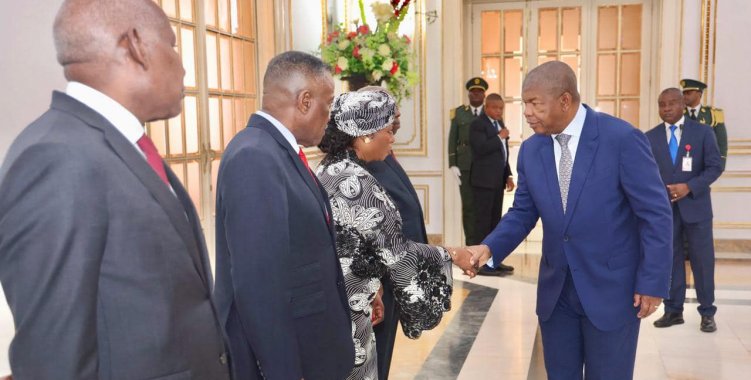
Angola stands at a pivotal moment in its history.
At the 17th US-Africa Business Summit in Luanda, Troy Fitrell, Director of the Bureau of African Affairs at the US Department of State, hailed the country’s trajectory. “Angola is on an amazing trajectory,” he declared.
“The African continent is no longer the same as it was 25 years ago and relations have also evolved.”
This growing international recognition resonates with the aspirations of Angola’s emerging business class.
Entrepreneurs and innovators are now at the heart of a national movement to reposition the country from a resource-dependent economy to one driven by productivity, diversification and private sector growth.
Citing the work of Achille Mbembe, observers argue that Africa’s true liberation hinges on economic autonomy.
“Only those who are able to build their own mechanisms of productive sovereignty will be truly free.”
Nigeria, South Africa, Morocco and Kenya have already demonstrated this.
Angola, too, is showing promise.
Nearly 1,000 American business leaders arrived in Luanda for the summit, signalling interest in Angola’s potential as a gateway to regional markets.
“Our embassies work for you, the private sector,” Fitrell emphasized. “If our ambassadors do not bring us agreements, then they are not fulfilling their role.”
The message was clear. The United States is pivoting towards business-centred diplomacy, with a focus on infrastructure, digital transformation and partnerships with local entrepreneurs.
“We need massive investment in infrastructure. We usually think about roads, electricity grids, but we cannot forget digital,” Fitrell added.
Angola’s National Broadband Plan and the rise of fintech solutions suggest that the country could emerge as a digital and economic hub in Southern Africa.
But beneath the optimism lie structural challenges. Angola’s business renaissance must go beyond summits and slogans.
It must include access to credit, support for women and youth entrepreneurship, the formalization of the informal sector, and investment beyond the capital Luanda.
As Ghanaian economist George Ayittey once said, “Africa is not poor; it is poorly managed.” For Angola, management now means mobilizing local talent, building fair institutions and embracing inclusive policies.
The future will be shaped by Angolans themselves—not just by foreign investment but by the rise of a robust, innovative and self-sustaining business class.



